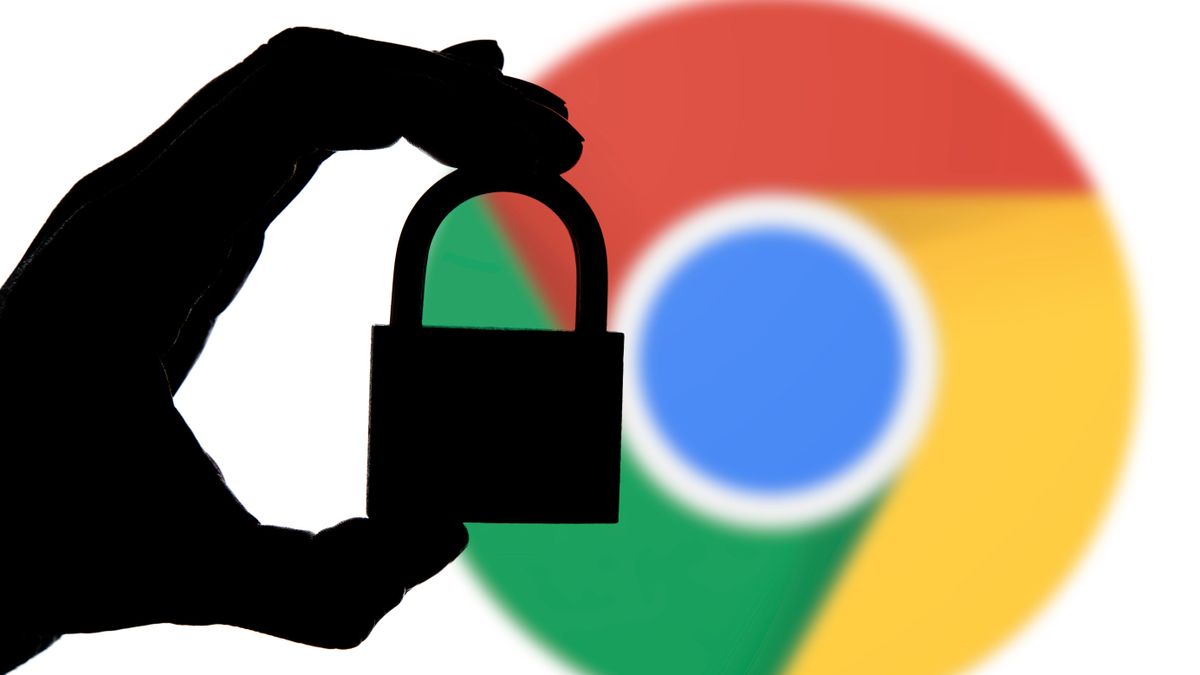
Google Chrome is getting a new feature that will allow you to directly edit and manage your saved passwords, a feature you’d generally expect to find in a dedicated password manager.
Like any modern web browser, Chrome can save usernames and passwords for you, and auto-complete forms to prevent you from typing them in every time. However, it’s not perfect, and so far every time you update an account password, you need to be signed in to your Google account to make the necessary changes.
Recent Comments